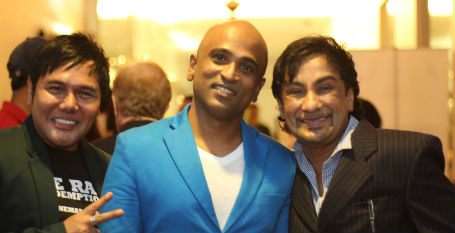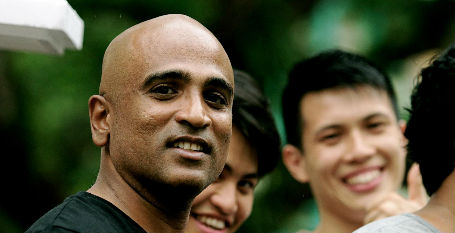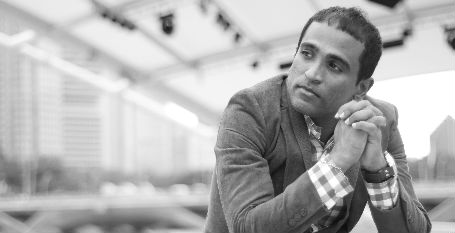Having recently challenged the constitutionality of Section 377A of the Penal Code – which criminalises sexual relations between men – he has applied to the High Court to declare that Article 12 of the Constitution includes equal protection for people regardless of their sexual orientation.
How would the outcome of this constitutional challenge affect the average lesbian, gay, bisexual or transgender (LGBT) person in Singapore?
Currently, Article 12 of the Constitution of the Republic of Singapore states that “All persons are equal before the law and entitled to the equal protection of the law.” Specifically, discrimination is not allowed on the basis of “religion, race, descent or place of birth.”
If the Government takes the position that the principle of equality which applies to citizens regardless of sexual orientation is entrenched in this Article, then it would give LGBT persons the guarantee that they are equal before the law, as enshrined in the Constitution.
Having this protection, based on their sexual orientation LGBT persons could not be discriminated against in two instances: firstly, in the enactment or implementation of legislation; secondly, in government or public service employment positions.
The outcome could be far-reaching for LGBT people in Singapore. It would be a firm foundation to support the rights of LGBT persons, from which to advocate for the recognition of those rights.
A constitutional challenge of this magnitude is public interest litigation because it affects a significant section of the population in Singapore. So this is not restricted to any single individual.

As a lawyer, there could be so many other types of cases you could take up. What would life be like for you if you had not taken up these cases?
I can't imagine my life as a lawyer if I didn't take up constitutional challenges and human rights cases. Some of my recent cases include representing Malaysian youth Yong Vui Kong (who has since become the first convicted drug trafficker to be spared the death penalty after a change in the law, following years of campaigning and advocacy); British investigative journalist Alan Shadrake (who was found guilty of contempt of court, following publication of his book Once a Jolly Hangman: Singapore Justice in the Dock, which was apparently critical of the Singapore judicial system) and Tan Eng Hong (whose case has sparked a second, both of which seek to challenge the constitutionality of Section 377A of the Penal Code, which criminalises sex between men in Singapore).
I do handle other areas of litigation as well, including commercial, property and criminal law. The difference is that constitutional law lays down the foundation for establishing our basic rights which goes to the core of our identity as human beings.
How and why did you decide to pursue a legal career?
I came into law as a student of society, with an academic background in sociology. I realised that the world was not what had been portrayed to me. The “reality" was a masked one; underneath that veneer lay the injustices, the inequalities, the unfairness, the prejudices and the discrimination. Yet I saw hope for a better world and I saw law as the avenue for creating that world.

In your recently published autobiography Kampong Boy, you were very open about your bipolar personality. What would you like people to understand about this?
Bring up the topic of bipolar personality with the average, well-informed person, and you will find they consider it some sort of a negative medical condition. They will likely express sympathy for people who are bipolar, and expressing various degrees of understanding.
I actually think of bipolarity as a gift. Thinking of bipolarity as an unfortunate medical condition is just attaching a misleading name to a force that we often cannot understand because we do not wish to understand.
I personally believe that bipolarity allows us to channel this energy in very creative ways, if we also know how to control and use it. That's how I now see bipolarity: as allowing us to take up the exciting challenges of choice and then having the courage to see it through and to live with the choices we have made. It is a constant challenge.
My conclusion about the bipolar experience is not to allow people to label you, or to be trapped under the labels. That is why I reject this terminology, this label that I am a "bipolar person", with all the negative baggage attached to the label.
And I look forward to the possibility of being able to harness this tremendous surge of energy for the next 40 years, until I’m 80. This is, indeed, what I seek to do now that I enjoy a better understanding of the phenomenon.
My childhood experiences had a big part to play. I have to thank my Mum for the courage and tenacity that she imparted to me. I constantly tap into that vast reservoir of energy that is deep within me. The universe is an infinite source of that energy. Love and compassion must be the driving force. Every day I wake up with excitement, thanking the universe for granting me another day. Being alive for me is more than just living a life.
Read the full article in Element Magazine Volume 5 - http://www.elementmag.asia/kampong-high-court/

